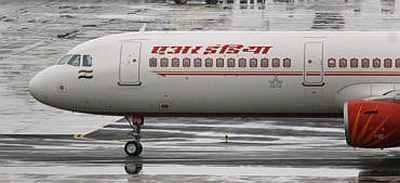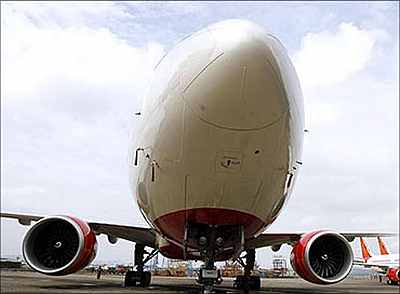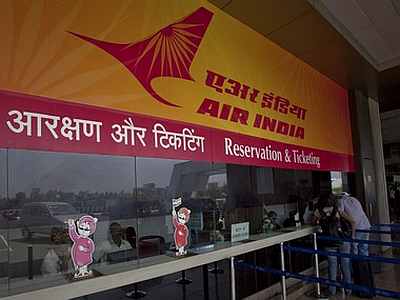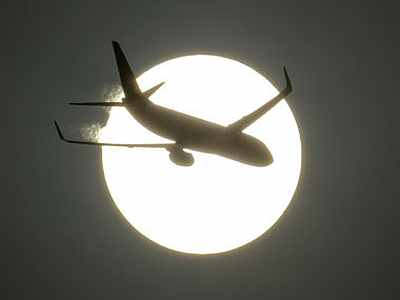 | « Back to article | Print this article |
Air India plans fare system that syncs with fuel price
To make its fare structure more transparent, Air India is launching a dynamic fuel surcharge system, where the amount a consumer pays for travel would change (even decrease) in tandem with the regular alterations in the price of the aviation turbine fuel (ATF). The new charge may be called "fuel pass through", according to a source in the airline.
According to the formula being worked out, the company would raise the fuel charge by Rs 50 for every Rs 1,000-per-kilolitre increase in the rates of jet fuel. Inversely, there would be a slide in the fares by the same amount in case of a Rs 1,000-per-kl decrease.
"We are working on this," said a senior Air India official. "It will be implemented in a month."
Click NEXT to read more...
Air India plans fare system that syncs with fuel price
He said this would make the system "much more transparent" than the existing fuel surcharge, which is not directly proportional to the price of ATF. "We plan to call it 'fuel pass through'," he revealed. It will both increase and decrease in accordance with the change in ATF price."
The carrier, he said, was not currently discussing the idea with any other airline. "Usually, the industry follows whatever we do. We hope that happens in this case as well," he added.
In the existing system, a fare has two components -- base fare plus surcharge and then fees on passenger services and development. The surcharge and fee component in an airline ticket is around 40 per cent of the total fare in an economy-class ticket and around 15 per cent when it comes to business class.
Click NEXT to read more...
Air India plans fare system that syncs with fuel price
Consumers have for long been complaining that the current fuel surcharge component is not dynamic, as it tends to stonewall the routine variations in the price of ATF.
The Travel Agents Federation of India, too, notes that fuel surcharge has seldom decreased in the last five years even when there has been a slide in the prices of ATF.
"In any case, why do we need a fuel surcharge component in the fare," asks Ajay Prakash, president of the association that represents half of the country's travel agents. "One can tinker with the fare to adjust the increase or decrease in the input cost."
Click NEXT to read more...
Air India plans fare system that syncs with fuel price
Further, in case of cancellations or no show, the airlines do not refund the fuel surcharge. Thus, Air India's proposed move, Prakash noted, would be "a step ahead in making things more transparent".
Not all are convinced that this upcoming system would make a difference to air travellers. These are all internal matters, notes Makemytrip.com.
"A consumer is not bothered about any of these technicalities," shrugs Keyur Joshi, co-founder and chief operating officer of the online travel portal.



